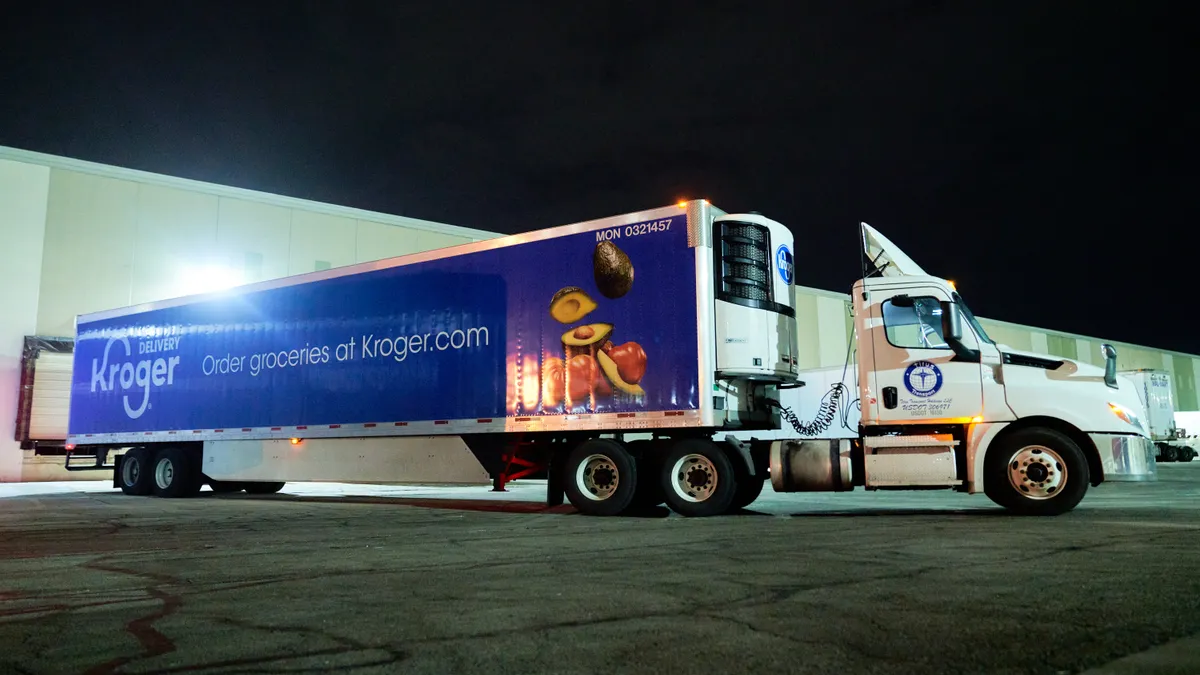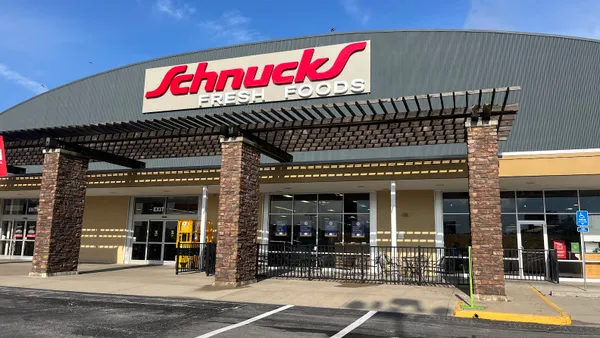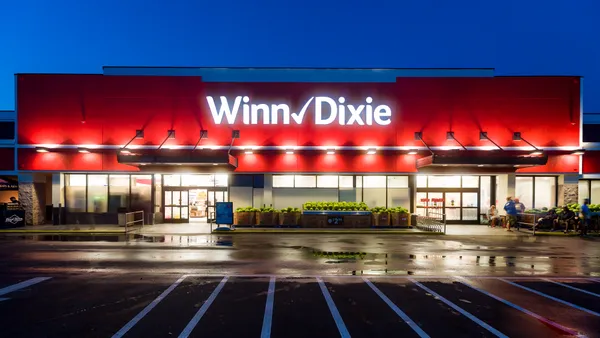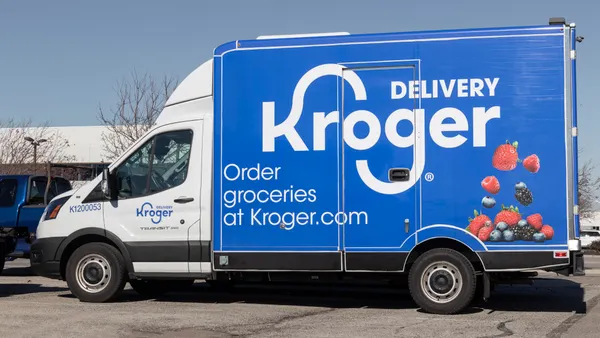Kroger and Albertsons have come out swinging against the Federal Trade Commission’s decision to challenge their proposed merger, arguing in separate legal filings this week that the agency is wrong in its contention that the combination would reduce competition in the grocery industry and weaken the unions that represent their workers.
Both of the grocers also pushed back on the FTC’s rejection of their plan to divest hundreds of stores and other assets to C&S Wholesale Grocers and took issue with the commission’s conclusion that C&S is not financially strong enough to be a vigorous competitor.
The companies filed their responses with the FTC on Monday, two weeks after the agency announced its intention to seek a preliminary injunction to block the merger. A federal judge in Oregon will consider the FTC’s request at a hearing scheduled to begin on Aug. 26.
In their filings, Kroger and Albertsons said the FTC’s case excludes the fact that they face heavy competition from companies that fall outside the traditional definition of the supermarket industry, including Costco, Walmart, Target and Amazon.
The agency’s complaint “is willfully blind to the realities of current grocery competition,” and its position “lacks any basis in the real world,” Kroger said.
Albertsons made a similar point: “Simply put, although the Commission alleges that the Merger is likely to harm competition in both of the alleged relevant product markets, the so-called ‘facts’ it has offered in support of this bold assertion completely ignore the commercial realities of a marketplace that is both highly competitive and rapidly evolving.”
In their rebuttals to the FTC’s argument that allowing Kroger and Albertsons to merge would magnify the companies’ power when negotiating with labor representatives, the grocers both said the local unions it works with would actually increase their leverage if the companies combine.
“The Commission also purports to allege a myopic ‘union grocery’ labor market that bears no relation to the market in which Kroger actually competes for talent. In reality, [Kroger and Albertsons] are minuscule players in the overall labor market, which includes grocery retailers, non-grocery employers, and non-union employers alike,” Kroger said.
Kroger and Albertsons also said the FTC’s determination that C&S is not a suitable buyer for the assets the companies have proposed to divest is misguided. The grocers added that the FTC should not use Albertsons’ ill-fated divestiture of stores to Haggen in connection with its 2015 acquisition of Safeway as a basis for concluding that the proposed deal with C&S is unlikely to succeed.
The FTC is “ignoring that C&S is a large, sophisticated, and well-financed company with deep grocery industry experience, and is well-positioned to successfully operate the significant assets that it will receive as part of any divestiture package and execute on its business plans,” Albertsons said.










